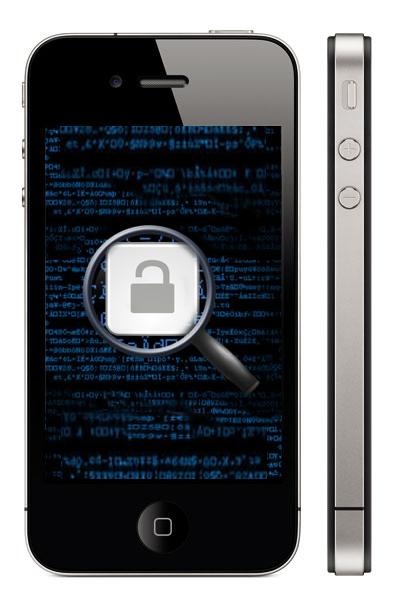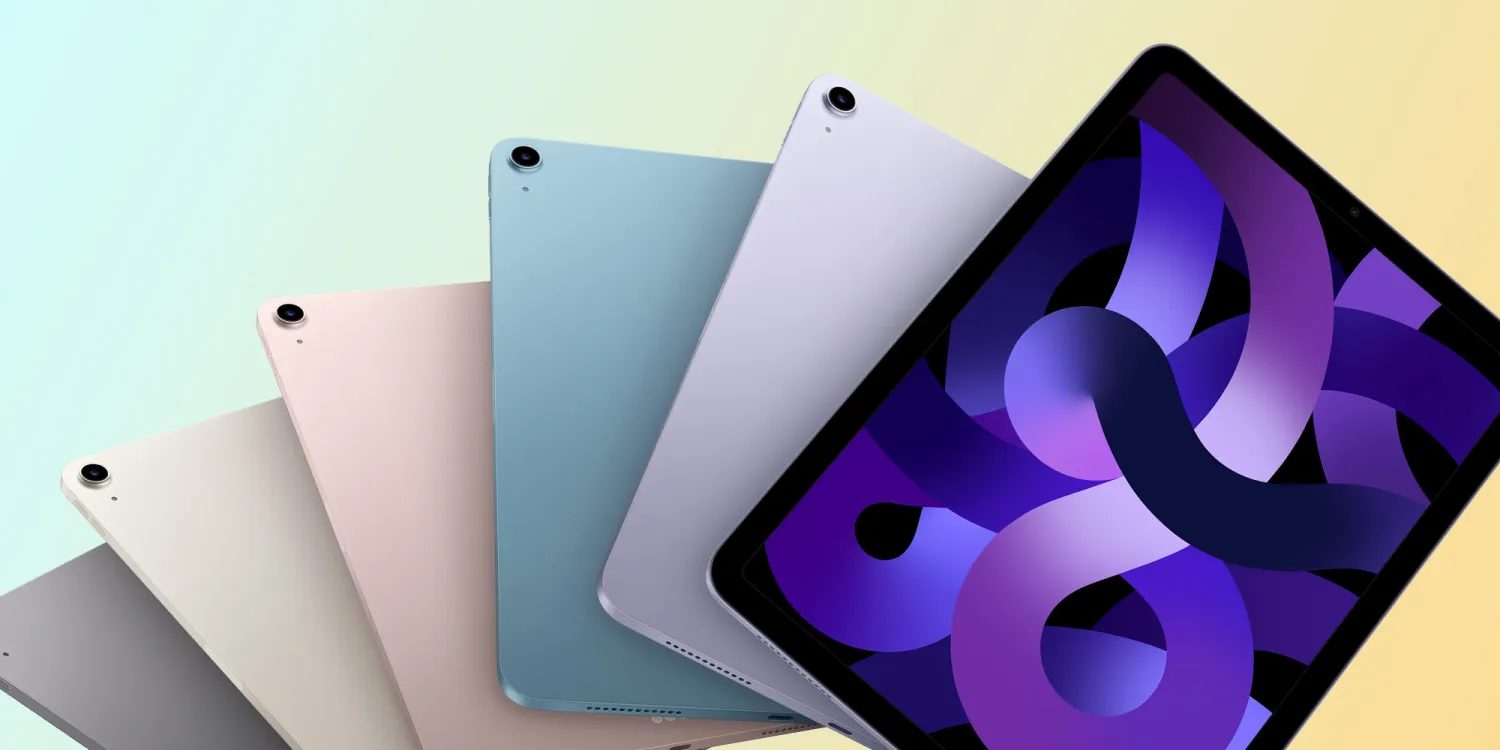
iOS Security Prompts Unlock Requests From Law Enforcement Agencies
The iPhone is creating headaches for the US police, CNET reports. With the rapid adoption of encrypted mobile devices, however, performing a forensic analysis on those devices has become equally popular. Apple, as you may already know, does assist law enforcement agents in bypassing the cell phone user’s passcode so the device can be searched through by agents, but the demand is so high that Apple has created a waiting list to handle them.

Speaking with an Agent at the ATF, the federal Bureau of Alcohol Tobacco, Firearms and Explosives, CNET reveals that the federal law enforcement agency lacks the forensic capabilities to unlock an iPhone, and the agent was redirected to Apple. But his case ended up on a waiting list, which is said to cause at least a 7-week delay. Also, the process of bypassing the security code appears to take at least four months.
An agent at the ATF, the federal Bureau of Alcohol, Tobacco, Firearms and Explosives, “contacted Apple to obtain assistance in unlocking the device,” U.S. District Judge Karen Caldwell wrote in a recent opinion. But, she wrote, the ATF was “placed on a waiting list by the company.”
A search warrant affidavit prepared by ATF agent Rob Maynard says that, for nearly three months last summer, he “attempted to locate a local, state, or federal law enforcement agency with the forensic capabilities to unlock” an iPhone 4S. But after each police agency responded by saying they “did not have the forensic capability,” Maynard resorted to asking Cupertino.
Apple has the ability to bypass the security software as the training material prepared by the Sacramento sheriff’s office revealed, the only question is whether the company has a custom tool to crack the software, or if it is using the same procedures available to the government. Also, there is no question about the company helping the government agencies in opening the software.
While in the US the action can be performed without a warrant — although it raises Fourth Amendment concerns, in Canada, a recent ruling cleared the police to search through a password-protected handset only with a warrant.

